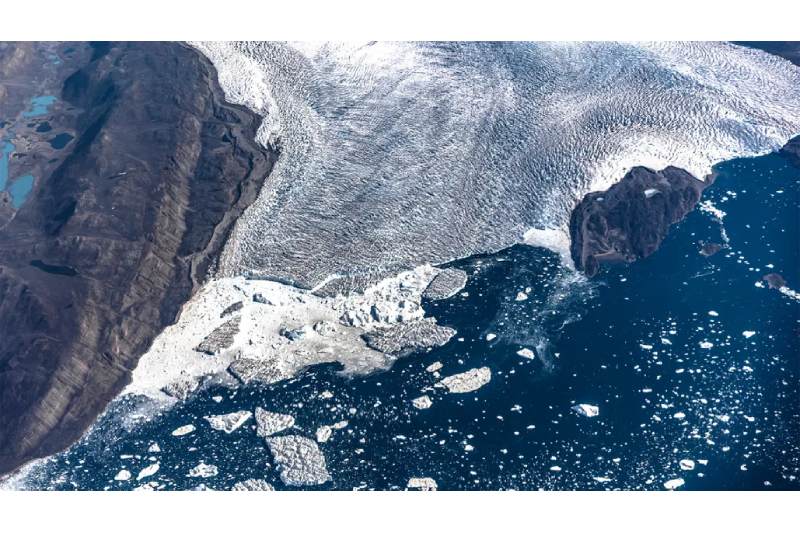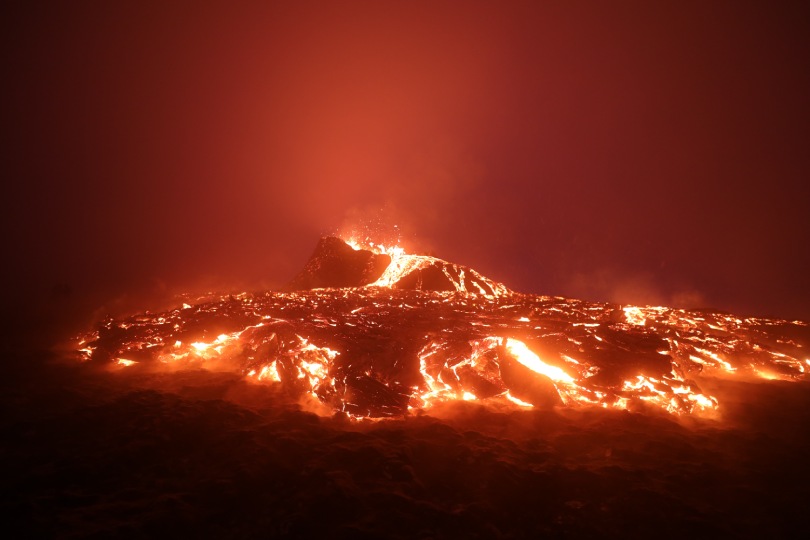The world’s seas are receiving more water due to Greenland and Antarctica’s accelerating melt, which is redistributing mass.
The Earth’s rotation is being very slightly slowed by that. Still, the planet is rotating faster than it formerly did.
As a result, timekeepers around the world could have to set their clocks back one second from when they would have otherwise.
“Global warming is already affecting global timekeeping,” the study notes. It was released in the Nature journal.
The Earth’s rotation is used to determine Coordinated Universal Time (UTC), which is used by most people worldwide to control clocks and time.
However, the rate at which the Earth rotates is not constant, and this can affect how long our days and nights are.
Due to modifications to the planet’s liquid core, Earth has started rotating a little bit faster.
The global clock has had roughly 27 leap seconds added to it since the 1970s in order to account for this; timekeepers want to start deducting a second in 2026. We call this a “negative leap second.”
The study does discover that some of the acceleration has been mitigated by glacier melt brought on by climate change.
The study indicates that while ice sheets are currently shedding mass five times more quickly than they did thirty years ago, the negative leap second change will not be required until 2029.
According to Duncan Agnew, the study’s author, “we’ve done something that measurably changes how fast the Earth rotates,” which even I find astounding.
“Things are happening that are unprecedented.”
The report states that the usage of the negative leap second, which has never been utilized before, “will pose an unprecedented problem” for computer systems worldwide.
“This has never happened before, and poses a major challenge to making sure that all parts of the global timing infrastructure show the same time,” Mr. Agnew, a researcher at the University of California, San Diego, told the AFP news agency.
“Many computer programs for leap seconds assume they are all positive, so these would have to be rewritten,” he stated.
Nonetheless, there has been some doubt about the study.
“Earth is too unpredictable to be sure” if a negative leap second would be required anytime soon, according to Demetrios Matsakis, the former chief scientist for time services at the US Naval Observatory, who spoke to AFP.
The use of fossil fuels is one human activity that is raising global temperatures.
The ecosystem is being greatly impacted by this temperature rise, and glaciers and ice sheets are melting quickly.




